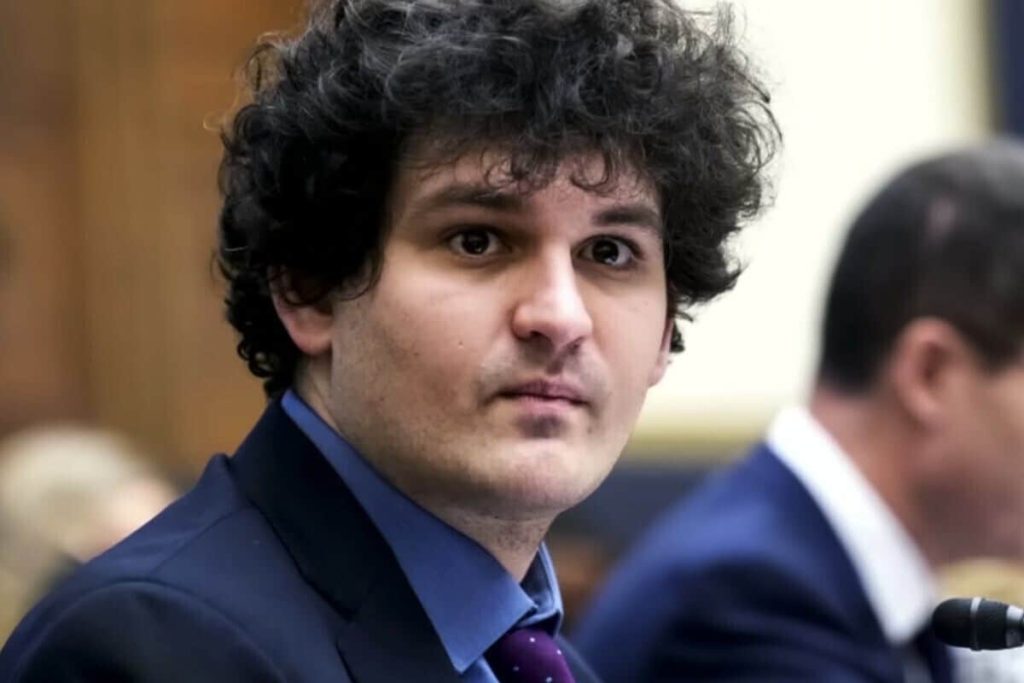
US prosecutors have decided not to pursue the remaining charges against Sam Bankman-Fried, including allegations of foreign bribery and bank fraud.
However, it is the dropped charge of unlawful political donations that has sparked significant concern within the crypto community, given Bankman-Fried’s well-documented contributions to politicians from both major parties.
Prosecutors had claimed that Bankman-Fried used customer funds to the tune of $100 million for political donations.
Expressing his discontent, Coinbase’s Chief Legal Officer, Paul Grewal, took to X to denounce the decision as a “miscarriage of justice.”
A few thoughts on the DOJ’s decision not to pursue campaign finance charges against SBF. Tl;dr: I think it’s a mistake. 🧵⬇️
— paulgrewal.eth (@iampaulgrewal) December 30, 2023
In a thread, Grewal emphasized the importance of public accountability for campaign finance charges.
“The public interest in a public airing of charges almost always matters. Campaign finance charges are at the very top of this list,” he wrote.
Grewal further emphasized the need for answers regarding what politicians and others knew and when they knew it.
Sam Bankman-Fried’s sentencing is currently scheduled for March 28, 2024.
Presidential Candidate Robert F. Kennedy Voices Concern As Well
The dropped charge and the implications it carries have raised eyebrows and garnered strong reactions from a number of other individuals, too.
Presidential candidate Robert F. Kennedy, Jr., running as an Independent in the 2024 race, claimed that this highlights the broader issue of normalized corruption.
“No one is even surprised. THAT is a bigger problem than the fraud itself. It shows how normalized corruption has become,” Kennedy stated in a quote-post on X, referencing the decision.
No one is even surprised. THAT is a bigger problem than the fraud itself. It shows how normalized corruption has become. https://t.co/g9QrScuCJx
— Robert F. Kennedy Jr (@RobertKennedyJr) December 31, 2023
The sentiment resonated with many members of the community, including prominent figure Elon Musk, who simply responded with “!!” in agreement.
Prosecutors, led by U.S. Attorney for the Southern District of New York Damian Williams, have also chosen not to pursue a charge of unlawful political donations, which was separated from the initial indictment due to an extradition dispute with the Bahamas.
In a letter explaining the decision, prosecutors noted that evidence related to several charges had already been presented during Bankman-Fried’s original trial, where he was found guilty on all seven counts of fraud and conspiracy tied to his leadership of FTX and Alameda Research, its sister trading firm.
They emphasized that the upcoming sentencing of Bankman-Fried, scheduled for March 28, 2024, would address necessary aspects such as forfeiture and restitution for the victims.
Looking ahead, Bankman-Fried faces a potentially lengthy prison sentence.
US District Judge Lewis Kaplan, presiding over the case in Manhattan, will determine his fate.
The prosecution believes that a second trial would be redundant, as most evidence pertinent to the additional charges was already presented in the first trial.
Despite his conviction, Bankman-Fried plans to appeal.
During the trial, he admitted to making operational errors in managing FTX, such as neglecting risk management, but denied any allegations of stealing customer funds.
